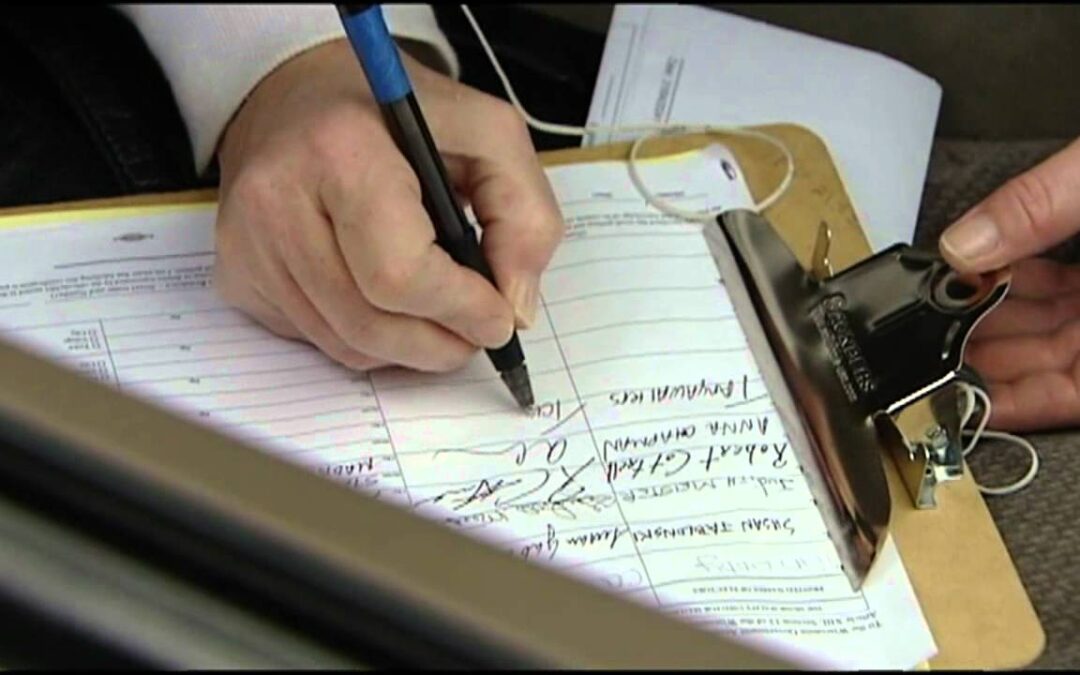In an effort to save their failing ballot measure campaigns, a coalition of liberal organizations have gone to state and federal court to be granted the ability to collect initiative signatures online. Among the groups looking to change the signature collection process are proposals to double the state income tax, increase taxpayer funding for political campaigns, enact same day voter registration on election day and roll back school choice options for parents and students.
Their main argument is that the Covid-19 pandemic was an unforeseen circumstance that requires special relief and that since online signature collection is allowed for candidates, a similar process must be provided for ballot measures as well. Neither argument holds merit and should be rejected by the court.
Their lawsuits assert that under the current social distancing/shelter-in-place requirements, it is not possible for them to safely acquire the necessary signatures prior to the filing deadline in July. That may or may not be true, but if lack of time is truly an issue that is a problem that they created for themselves.
No one disputes that collecting the minimum signatures required to qualify for the ballot is a tall task (237,645 for statutory measures, 356,467 for constitutional changes), which is why the constitution provides 20 months to anyone looking to submit an initiative to the ballot. That is more than enough time to gather signatures and to plan for any unforeseen circumstance, including a pandemic.
Instead, most of these groups decided to wait until this spring to go the streets, ignoring the risk associated with such an approach. The court should not bail them out for choosing not to use the lengthy collection timeframes afforded to them under current law.
The other obvious problem with their request is that online signature collection for initiatives would violate the state constitution. While plaintiffs and supporters of an online signature platform frequently cite that candidates can collect their signatures online, they ignore the fact that Article 4, Section 1 of Arizona’s constitution prescribes the signature collection process for ballot measures.
Specifically, the constitution requires that all signatures collected must be “attached to full and correct copy” of the measure, that every sheet is “verified by the affidavit of the person” circulating the petition, and that all signatures collected are “signed in the presence of an affiant.” For the court to allow such a process to occur would require a complete rewrite of the constitutional framework for initiatives that was drafted by our state founders.
Hearings on both cases are scheduled to be heard next week. Democrat Secretary of State Katie Hobbs, who likely supports all of the liberal ballot measures being proposed, announced that she would not defend the law and is ready and willing to create an online process for ballot measures.
Thankfully the legislature decided to step in and intervene to defend our election laws against this frivolous lawsuit. Additionally, Governor Ducey came out strongly against the suit and made it clear that his office would not use any of his emergency powers during the pandemic to provide relief. So now it is up to the courts to decide whether pandemics can be used as an excuse to ignore the rule of law.


Recent Comments